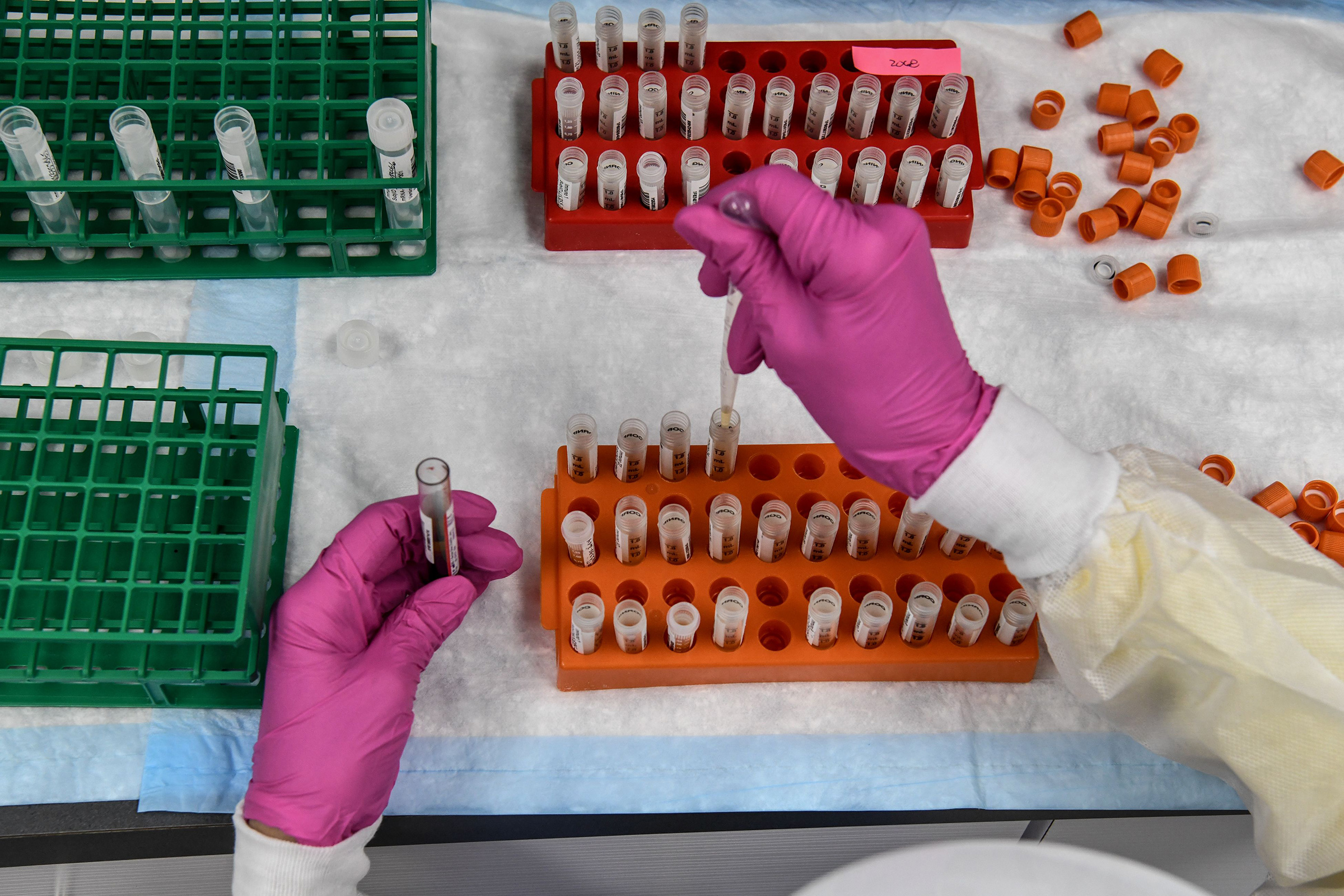
The authorization of an effective vaccine will mark perhaps the biggest turning point in the battle against coronavirus, but only if enough people are willing to get vaccinated. There have been substantial declines in public willingness to get vaccinated against COVID-19, despite immense, unprecedented public investments in vaccine development. In one survey, barely half of Americans said they would get the vaccine as soon as it was available, numbers that will undermine the benefits of even a highly effective vaccine.
It is no mystery why trust in a potential vaccine has plummeted. Operation Warp Speed, the Trump Administration’s $10 billion vaccine initiative, and other vaccine efforts have compressed processes that usually take years into months. This speed alone can raise concerns, but to date, that pace has been matched with strict adherence to the basic principles of scientific integrity. However, increasing politicization of key regulatory bodies and unexplained decisions in trial procedures threaten to undermine the entire project. We need a lot more transparency in this process to ensure that only a vaccine proven by data to be safe and effective will be approved.
Unlike medical treatments given to the sick, vaccines are given to healthy people. Historically, vaccines have been very safe and highly effective due to the rigor and care of both the scientists conducting the trials, and the regulators deciding whether to approve vaccines for public use. Even rare adverse events are carefully identified and studied. For vaccinations to work, we must be able to trust our doctors when they tell us it is time for a shot.
The coronavirus vaccine approval process has consequences that extend well beyond the pandemic. Driven by misinformation, so-called “vaccine hesitancy” has been growing for years. But as long as the Food and Drug Administration (FDA) could be trusted to rigorously follow the science, most of us continued to get vaccinated. That has changed in the pandemic. The politicization of the FDA—apparent in the handling of the authorization of hydroxychloroquine and convalescent plasma, amongst others—has substantially damaged faith in the FDA. If the FDA again acts politically in approving a vaccine, it will further increase vaccine hesitancy. If safety concerns emerge after the vaccine has been approved, confidence in vaccines could be destroyed for a generation, in a single stroke, undoing a century of public health gains.
But restoring trust in FDA alone will not be enough. We need the companies making the vaccines, and the researchers studying the data, to act differently as well. Recently, one of the major trials—for the Oxford/AstraZeneca vaccine, supported by more than $1 billion in public funds from Operation Warp Speed—was paused following a possible adverse reaction to the virus in a trial participant. But while the leadership of AstraZeneca mentioned the event in a private phone call with investors, they did not share the details with the public. A few days later, the trials resumed again, with little information of what changed. This will not do. Given that the American taxpayer has invested billions of dollars into these trials, and will foot the bill for billions more when the vaccine is released, the American people have a right to know much more.
Beyond more fully disclosing safety events, the pharmaceutical companies working to develop a vaccine should publish the protocols of their clinical trial protocols, as Moderna did on Thursday, so we understand how the trials are structured, if changes have been made, and why. This is essential. Further, they should publish their analysis plan so the public can see what subgroups of patients the investigators had planned to study, why, and whether their approach is sound. Each time a trial is paused tell the public what happened, how it was investigated, and why the trial was allowed to continue.
Making these critical documents public would be unusual—they usually aren’t made public until a trial is published. However, these are extraordinary times and failure to secure confidence in a COVID-19 vaccine would have disastrous consequences.
With just weeks until the election, the pressure on the FDA to quickly approve a vaccine will mount. But the more the timeline is politicized, the more vaccine hesitancy will grow. Transparency can stem the tide of skepticism, even if it cannot entirely extinguish the persistent current of misinformation and mistrust of science. We must practice aggressive transparency, and let the FDA’s career scientists, not political appointees, make the decisions about approvals and explain those decisions to the American people.
The public’s faith in the vaccine development process is a critical component of the vaccine, because vaccines don’t save lives, vaccinations do. For a vaccine to help bring this pandemic under control, hundreds of thousands of healthy Americans must undergo vaccination. We need to assure them that the vaccines work—and that they are safe. These are unprecedented times. They need unprecedented transparency.
More Must-Reads from TIME
- Donald Trump Is TIME's 2024 Person of the Year
- Why We Chose Trump as Person of the Year
- Is Intermittent Fasting Good or Bad for You?
- The 100 Must-Read Books of 2024
- The 20 Best Christmas TV Episodes
- Column: If Optimism Feels Ridiculous Now, Try Hope
- The Future of Climate Action Is Trade Policy
- Merle Bombardieri Is Helping People Make the Baby Decision
Contact us at letters@time.com